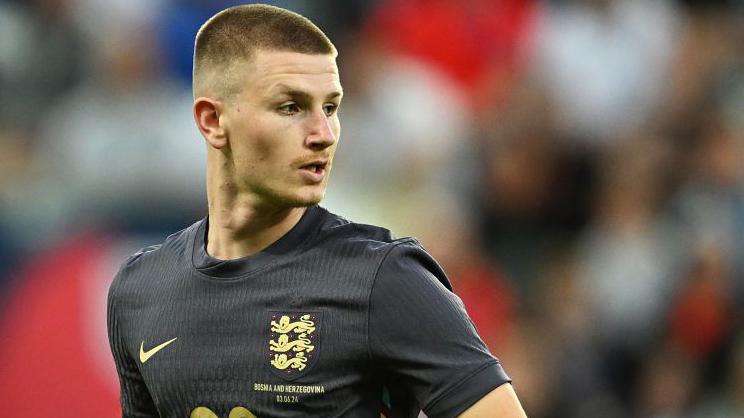As England continue their World Cup qualifying campaign, the battle for the coveted No 10 spot under manager Thomas Tuchel is intensifying. Several players are vying for the role, and key performances against Serbia highlighted emerging talents and tactical nuances that will influence the team’s approach moving forward.
- The Battle for No 10
Thomas Tuchel’s tactical setup for England demands a dynamic No 10 who can press, link play, and add creativity. Morgan Rogers was given a start against Serbia, with his driving runs and counter-pressing a reflection of Tuchel’s preference for intensity in this role. Though Rogers failed to provide a decisive pass, his energy was key in England’s early dominance. However, the competition remains fierce with Jude Bellingham, Phil Foden, and Eberechi Eze all pushing for a starting spot. Tuchel has stated that it is unlikely he will take more than five No 10s to the World Cup, meaning some tough decisions lie ahead. - Nico O’Reilly’s Promising Debut
Nico O’Reilly, who has impressed at Manchester City, made his international debut in place of Djed Spence. O’Reilly’s pace and technical ability were evident as he provided width and contributed to Bukayo Saka’s opening goal. As a converted midfielder, O’Reilly’s defensive skills were not fully tested against Serbia, but his attacking potential has certainly caught the eye. England now have a genuine contender for the left-back spot, which has been in flux since Luke Shaw’s disappearance from the international fold. - Rashford’s Inconsistent Performances
Marcus Rashford’s sporadic form continues to be a concern. While he showed flashes of brilliance, such as a clever nutmeg and excellent control, his end product was lacking. His failure to release Declan Rice in the first half was particularly notable. Tuchel’s ideal scenario is for Rashford to develop into England’s version of Son Heung-min, providing the speed and support that Harry Kane thrives on. However, for that to happen, Rashford needs to deliver more consistent performances, especially in big games. - Phil Foden’s Versatility
Tuchel’s decision to deploy Phil Foden as a false 9 in the absence of a traditional No 9 was an intriguing one. Although the experiment took time to find its rhythm, Foden’s link-up play with Bellingham was a highlight, culminating in a stunning assist for Eberechi Eze’s goal. Foden’s ability to drift into space and create opportunities could prove vital in England’s tactical evolution, especially if they are forced to play without Kane during the World Cup. - Ezri Konsa’s Reliable Defense
Ezri Konsa’s performance in defense was another positive for England. Though there were moments of uncertainty, Konsa’s crucial late block to deny Serbia showed his composure under pressure. With competition from Marc Guéhi and others for the center-back spots, Konsa’s consistency could see him retain his place alongside John Stones in the heart of England’s defense.
As England continue to build towards next summer’s World Cup, Tuchel will need to make tough decisions regarding personnel. The race for the No 10 spot is just one of many areas where competition is fierce, and the coming months will be pivotal in shaping the final squad.

